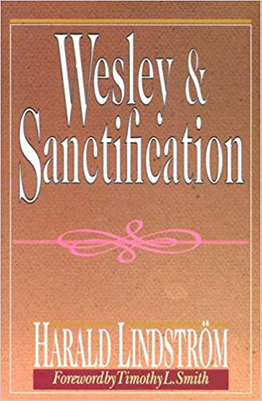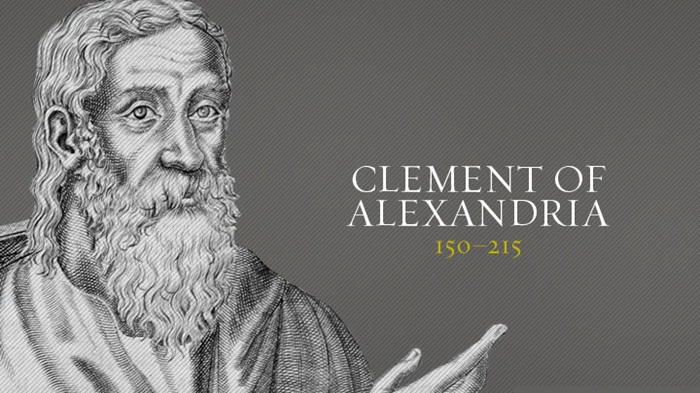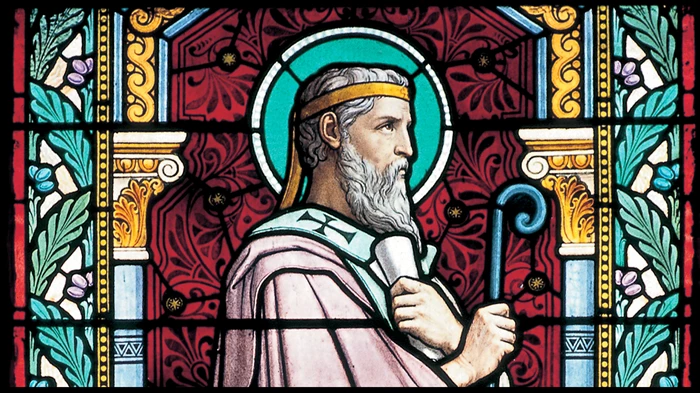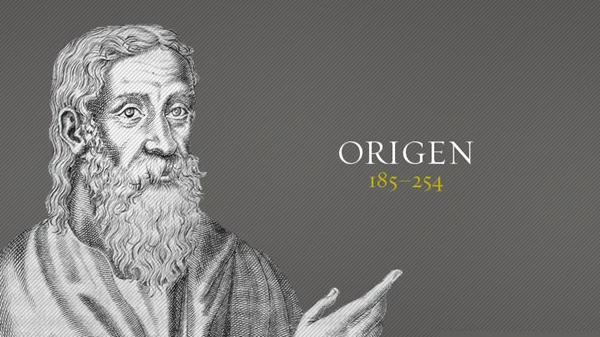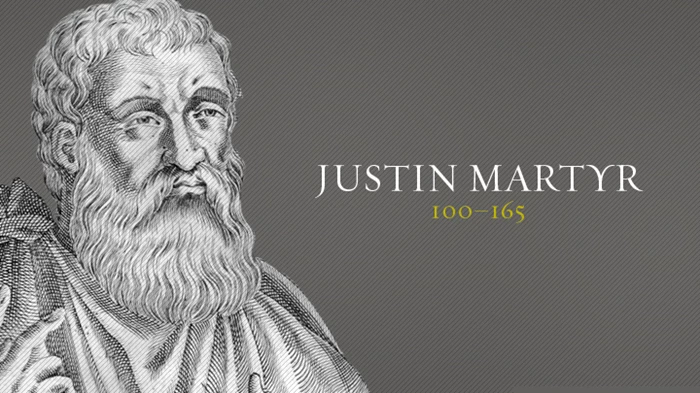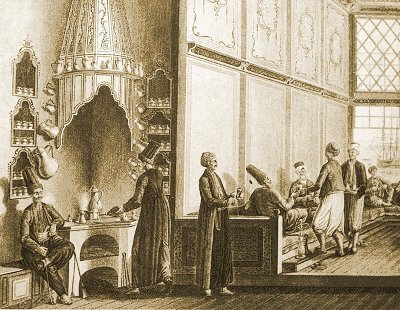Harald Lindström’s Wesley and Sanctification is a well-articulated theological text that offers a profound understanding of Wesley’s Ordo Salutis and situates the Wesleyan doctrine of “Sanctification” in the broader Protestant theological context. Lindström proficiently creates conversations between the Wesleyan theology on one hand, and the Lutheran and Calvinist theologies on the other hand, and engages other scholars and theologians; such as M. Piette, F. Loofs, and Eicken, in the dialogue as well. Lindström’s methodology depends primarily on examining many of Wesley’s books, sermons, and journals, in addition to Wesley’s letters (covering the years from 1721 to 1791), while considering the year 1738 – Wesley’s Aldersgate experience – as a pivotal event in the development of Wesley’s thought.
In Wesley and Sanctification, Lindström offers a clear explanation of Wesley’s understanding of the original sin, in terms of total corruption and the need for healing. Wesley understood the original sin not only as a guilt that needs justification, but also as a corruption that needs healing and restoration. By justification we are saved from the guilt of sin, while by sanctification we are saved from the root of sin and restored to the image of God. Through his emphasis on the therapeutic perspective of the Wesleyan theology, Lindström, perhaps unintentionally, stands at the same camp of other scholars, such as Ted A. Campbell, K. Steve McConnick, and Randy L. Maddox, who emphasize a Greek/Eastern perspective of Wesley’s theology. Among many other noteworthy emphases, Lindström’s emphasis on the distinction between “primary justification” and “final justification” in Wesley’s thought (and in Fletcher’s thought as well) opens significant trajectories in understanding the centrality of the second experience (second blessing, second rest, etc.) in the Wesleyan theology. This crucial distinction could also enrich the discussion on the subsequent Pentecostal distinction between the “non-Spirit-filled believers” and the “bride” in the early Pentecostal movements.


